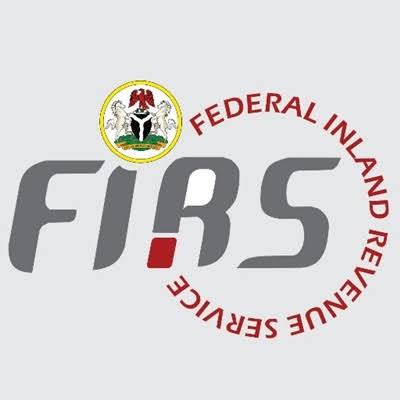Daud Olatunji
In a concerning turn of events, the Federal government’s revenue generation for the 2023 fiscal year has fallen short by a staggering N1.255 trillion in the first seven months of the year.
The 2024-2026 Medium Term Economic Framework (MTEF) prepared by the government paints a challenging financial landscape, with a significant disparity between budgeted figures and actual revenue collection.
The government had initially projected a total revenue of N11.045 trillion for 2023, yet the actual collection stood at a mere N5.187 trillion, a substantial shortfall of N1.255 trillion.
This discrepancy is bound to raise questions about the country’s fiscal health and its ability to meet its financial obligations.
On the expenditure front, the administration’s spending has been relatively modest compared to its budgeted figures.
Out of the N21.83 trillion budgeted for the year, only N8.6 trillion has been spent as of the end of July.
While this might seem like prudent financial management, it is essential to consider the implications of this underutilization of resources.
The breakdown of expenditures reveals that a substantial portion was allocated to debt service, with N3.94 trillion going towards servicing Nigeria’s debt, and N2.68 trillion dedicated to personnel costs, including pensions.
Unfortunately, only around N857.08 billion, which is just 25% of the pro-rata budget, has been released for capital expenditure in government ministries, departments, and agencies (MDAs) by July 2023.
The government attributes this fiscal performance to the introduction of the “Bottom-up Cash Plan” arrangement, which took effect in 2023.
This measure aimed to enhance financial discipline and accountability but has led to substantial underspending.
Despite these challenges, the government remains optimistic about the country’s economic prospects.
It has projected a Gross Domestic Product (GDP) growth rate of 3.76 percent for next year, with expectations that it will rise to 4.22 percent in 2025 and 4.78 percent in 2026.
Additionally, the government hopes for a stronger Naira, as it projects an exchange rate of N665.61/$1 in 2025 and N669.79/$1 in 2026, up from the current N700/$1 rate.
However, inflation remains a concern, with the current rate at 26.72 percent, significantly higher than the projected 17.16 percent for this year. The MTEF anticipates inflation rates of 21.40 percent, 20.30 percent, and 18.60 percent for 2024, 2025, and 2026, respectively.
The government now faces the challenging task of bridging the significant revenue gap while simultaneously trying to stimulate economic growth and manage inflation.
The path forward will require a delicate balance between fiscal responsibility and investment in key sectors to achieve the ambitious economic goals set for the coming years.
Do you want to share a story with us? Do you want to advertise with us? Do you need publicity for a product, service, or event? Contact us on WhatsApp +2348183319097 Email: platformtimes@gmail.com
We are committed to impactful investigative journalism for human interest and social justice. Your donation will help us tell more stories. Kindly donate any amount HERE




